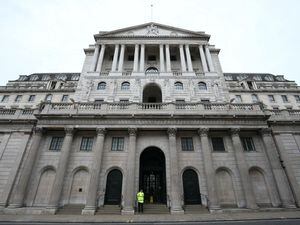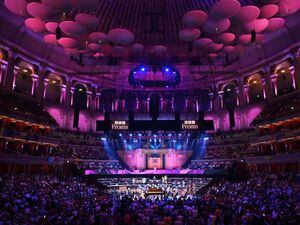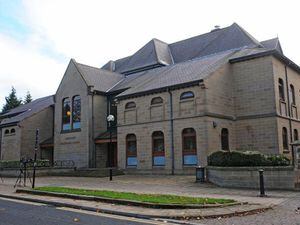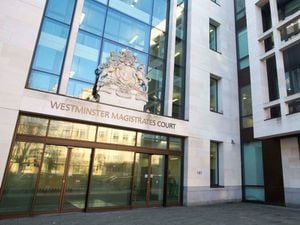Bank of England warns over ‘unusually uncertain’ outlook as rates held at 0.1%
The Bank revealed policymakers had been briefed on its plans to look at how rates could be cut below zero if needed.

The Bank of England has kept interest rates at 0.1% as the economy climbs out of the record recession caused by the Covid-19 lockdown, but it warned over an “unusually uncertain” outlook amid the pandemic.
The Bank said recent economic data had been stronger than it expected in August, but it cautioned rising coronavirus cases in the UK and worldwide could hamper the economic bounce-back.
Minutes of the latest rates decision also show the Bank continues to consider the case for negative interest rates and revealed policymakers had been briefed on its plans to look at how rates could be cut below zero if needed.
It said that together with the Prudential Regulation Authority, it would begin “structured engagement on the operational considerations” of negative rates in the final three months of the year.
All nine members of the Monetary Policy Committee voted to leave rates unchanged and keep its quantitative easing (QE) programme to boost the economy at £745 billion.
The Bank said it stood ready to take further action as it cautioned over the twin threat of a second wave of the coronavirus pandemic, together with the end of year Brexit deadline.
The Bank said: “The outlook for the economy remains unusually uncertain.
“Recent domestic economic data have been a little stronger than the committee expected at the time of the August Report, although, given the risks, it is unclear how informative they are about how the economy will perform further out.
“The recent increases in Covid-19 cases in some parts of the world, including the United Kingdom, have the potential to weigh further on economic activity, albeit probably on a lesser scale than seen earlier in the year.”
The decision comes after official figures showed the economy grew by 6.6% in July, which experts said puts the economy on track for a double-digit bounce-back from recession.
The Bank said the rebound meant gross domestic product (GDP) was around 18.5% above the nadir of the recession in April, though still around 11.5% below its pre-crisis level.
But worries are mounting over mass unemployment and long-term economic scarring from the pandemic once Government support schemes end, as well as a potential no-deal Brexit.
“The path of growth and inflation will depend on the evolution of the pandemic and measures taken to protect public health, as well as the nature of, and transition to, the new trading arrangements between the European Union and the United Kingdom,” the Bank said.
The Bank also stressed there were no plans to raise rates “until there was clear evidence that significant progress was being made in eliminating spare capacity and achieving the 2% inflation target sustainably”.
Inflation slumped to 0.2% in August, its lowest level since December 2015 and far below the Bank’s 2% target, triggering a letter from Bank governor Andrew Bailey to the Chancellor.
Samuel Tombs at Pantheon Macroeconomics said the Bank had left the door open to more QE later this year.
He is pencilling in another £50 billion of QE by 2021, but believes the Bank will hold off from negative rates, despite signalling this will be added to its monetary policy toolkit.
“Provided a no-deal Brexit is averted, however, we think that the MPC will stick exclusively to QE,” he said.





